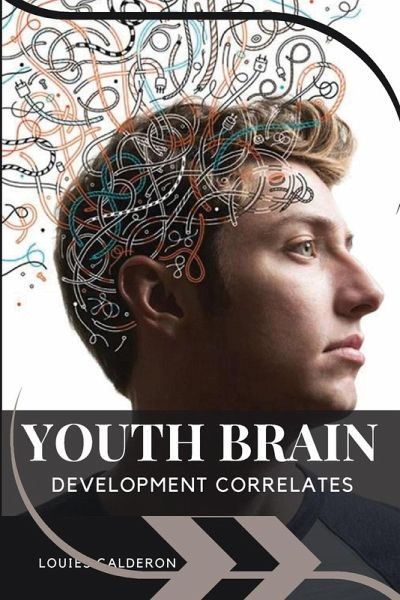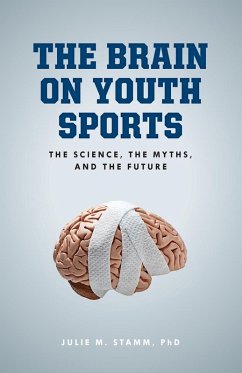
Youth Brain Development Correlates
Versandkostenfrei!
Versandfertig in 1-2 Wochen
21,99 €
inkl. MwSt.

PAYBACK Punkte
11 °P sammeln!
Adolescence is associated with substantial brain reorganization, and therefore presents a unique period of vulnerability to psychiatric disorders but also a window of opportunity for neuroscience-informed interventions to mitigate the risk of full-blown mental disorders. As such, a comprehensive understanding of adolescent normative brain development and its associated factors are crucial. The doctoral work described herein consists of four studies on the normative trajectories of brain structure and the relation of adolescent brain development to perinatal, physical, psychosocial, cognitive, ...
Adolescence is associated with substantial brain reorganization, and therefore presents a unique period of vulnerability to psychiatric disorders but also a window of opportunity for neuroscience-informed interventions to mitigate the risk of full-blown mental disorders. As such, a comprehensive understanding of adolescent normative brain development and its associated factors are crucial. The doctoral work described herein consists of four studies on the normative trajectories of brain structure and the relation of adolescent brain development to perinatal, physical, psychosocial, cognitive, and environmental factors. First, we used the data from the Enhancing Neuro Imaging Genetics through Meta-Analysis (ENIGMA) lifespan workgroup to construct normative centile curves of brain regions as well as their variation over time, and their interindividual variability. We then used the IMAGEN longitudinal study of adolescents to characterize the association between developing brain structure and psychopathological traits, neuropsychological measures, and environment using multivariate modeling. We further replicated and expanded on the IMAGEN study by leveraging the phenotypically well-characterized and rich Adolescent Brain Cognitive Development (ABCD) study to investigate the correlates of multimodal brain phenotypes. We hope our findings will bridge the critical gap in knowledge to advance a biologically informed understanding of adolescent brain development and will ultimately lend itself to targeted interventions for improving brain and mental health outcomes.












